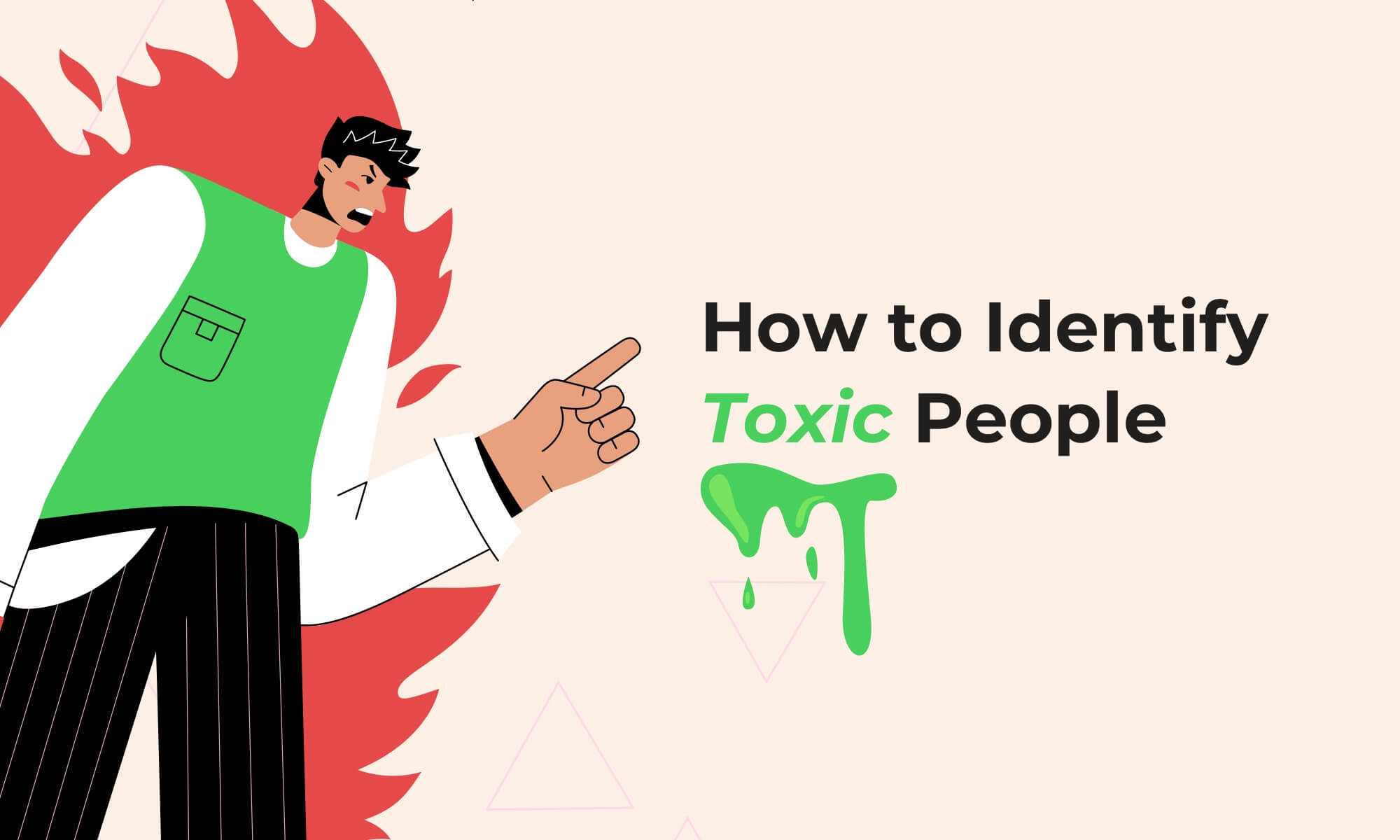Hard Skills vs Soft Skills: What Will Enhance Your Resume Most?

Usually, any resume includes two types of skills: hard skills and soft skills. In the ideal case, they work together to form a strong CV that provides the recruiter a glimpse into a candidate.
One of the main goals of any resume is to highlight your key skills to a potential employer. The way how you describe your skills in this document makes the difference between progressing to the next stage. You have probably heard about hard and soft skills, at least while answering interview questions. But what are they, and how should you present these skills on your CV? This post is right about it.
Let’s start with the definitions.
Hard Skills Quick Definition
What are hard skills?

Hard skills are technical knowledge that people have gained through life experience and all kinds of training during their career or education. These skills are teachable abilities or abilities that are easy to quantify.
Usually, individuals learn hard skills in classrooms, through professional books or training materials, or on their job. Employers and recruiters typically easily recognize hard skills as they are often listed in cover letters and on resumes. Even if you are a young specialist, for example, a novice project manager without experience, then these personal characteristics will help you create a pleasant first impression and please the person you are talking to.
What are examples of hard skills?
- Computer technology is the skill that is required today for most employees, at least a basic grasp. Nowadays employers expect that candidates are prepared to embrace the technologies needed to perform their job effectively.
- Data analysis is highly valued in different industries from software development to finance. Individuals who are able to analyze data and use this info for the benefit of the company are high-demanded today.
- Certifications/licenses can be also considered hard skills although they are not skills themselves. They prove people that they possess certain sought after abilities. For example, for a Scrum Master or project manager, having an up-to-date certificate is a pass to a successful job position and a kind of “ticket” to the top of the career path.
- Marketing skills are also crucial for many companies and spheres. Ideal team players who can convince customers to buy the company’s products will always be invaluable to employers, as marketing success directly correlates to the revenue increase.
- Project management skill has also become extremely valuable to many employers. The ability to work in project management includes, for example, knowing and understanding Agile methodologies and modern project management software.
- Design is a natural ability, however, there are particular design elements that can be learned through education. The popularity of technology and design means that you’ll have to try a number of new tools you might need to learn for building a great career.
- Cloud computing is also in high demand. More and more businesses utilize cloud computing as a beneficial data storage and management solution.
Soft Skills Quick Definition
What are soft skills?

Soft skills typically represent interpersonal skills and personality traits, which relate character, communication, teamwork, and work ethic. These kinds of skills can be transferable between jobs or industries. Usually, they are more difficult to quantify on a resume than hard ones.
Soft skills are also known as “people skills” because they include personal habits and traits that shape how you work.
Nowadays more and more companies require interaction with different departments, colleagues or customers, that’s why soft skills are becoming important to most team players. Recruiters will not expect you to have experience and required skills from the first working day, but they will strive to know that you have the qualities that will allow you to grow in the role.
What are examples of soft skills?
- Leadership – a skill that enhances people to guide others while they are reaching the company’s purposes. Good leaders inspire teams and lead individuals to success. Leadership is closely related to the ability to make quick decisions, problem-solving, agility and conflict management.
- Communication – a skill that is helpful during interviews and negotiations. Communication means the ability to speak to others in different situations. There are some essential types of soft skill: verbal, nonverbal, written, aural, and visual communication.
- Teamwork – is the ability to work collaboratively in a group of people to accomplish tasks well. Effective teamwork requires the intuition to define when to be a listener and when to be a leader. Some people prefer to work alone, but it is important to show appreciating and work in partnership with others and the value of joining forces.
- Flexibility is about the willingness to perform new tasks and projects calmly and without fuss. Flexible employees are ready to help out where needed. They adapt quickly when plans change and easily take on extra responsibilities.
- Time management is a critical soft skill that reflects how people can demonstrate their ability to work productively by using their time wisely. Time management is especially important in the IT-sphere and in project management.
- Self-motivation is another important ability that demonstrates how people can fit into a company’s structure without the need for constant control.
- Responsibility – a valued soft skill that means taking ownership of not only private goals but the company’s objectives as well.
- Adaptability makes people ready to changes. Modern companies are looking for people, who can shift gears and change direction quickly, as needed, who can work in more than one professional role.
- Problem-solving is also a must-have skill that requires analytical and creative thinking. People who have such a skill can often find a solution more efficiently than those who can not.
- Creativity assists when you try to get innovative solutions to numerous work challenges. Creative people may easily find interesting ways to solve tasks, improve processes and generate new business approaches.
Soft Skills vs Hard Skills: Which are more important on a CV?
Most managers will admit that it’s easier to train a newcomer in hard skills than soft ones. That’s why you should make sure your CV reflects essential soft skills that will assist you to thrive in a role.
However, there are few chances that you’ll get a job based only on your soft skills. The best idea is to include both types of skills, but the proportion of each will vary based on the specific role you’ll be applying for.
- If you are a remote programmer, then you will need to put most emphasis on your hard skills development. Some soft skills (for example, negotiation or teamwork) will be less important in this situation.
- If you are a call-center specialist, you will first pay attention to communication skills as this is the key ability to do your job.
The value of hard skills
Hard skills seem mandatory for specific jobs. Let’s say, you wouldn’t get a designer’s job unless you knew how to apply editing tools. Hard skills will require having a certain level of proficiency in your profession to perform your job competently.
The value of soft skills
Although hard skills show your ability to perform a certain job, they do not indicate how organized you are or how you can negotiate. Soft skills assist to identify the type of a person and his/her personal characteristics. There are some positions that place a higher value on soft skills than hard skills, for example, HR positions or sales. Just because they require face-to-face interacting or possessing strong interpersonal abilities.
Wrapping up
When preparing for the interview and thinking about the confrontation “hard skills vs soft skills”, do not forget to be yourself and just demonstrate everything that you can. The first impression should be as truthful and natural as possible.
Both skills are critical, so try to emphasize your hard and soft skills during the job application process effectively. A good idea is to share specific stories from your past experience that relates to the requirements of the job you are interviewing for.
What is your balance regarding soft and hard skills? Are there any abilities or characteristics that you would like to acquire or improve? Feel free to share your thoughts!



